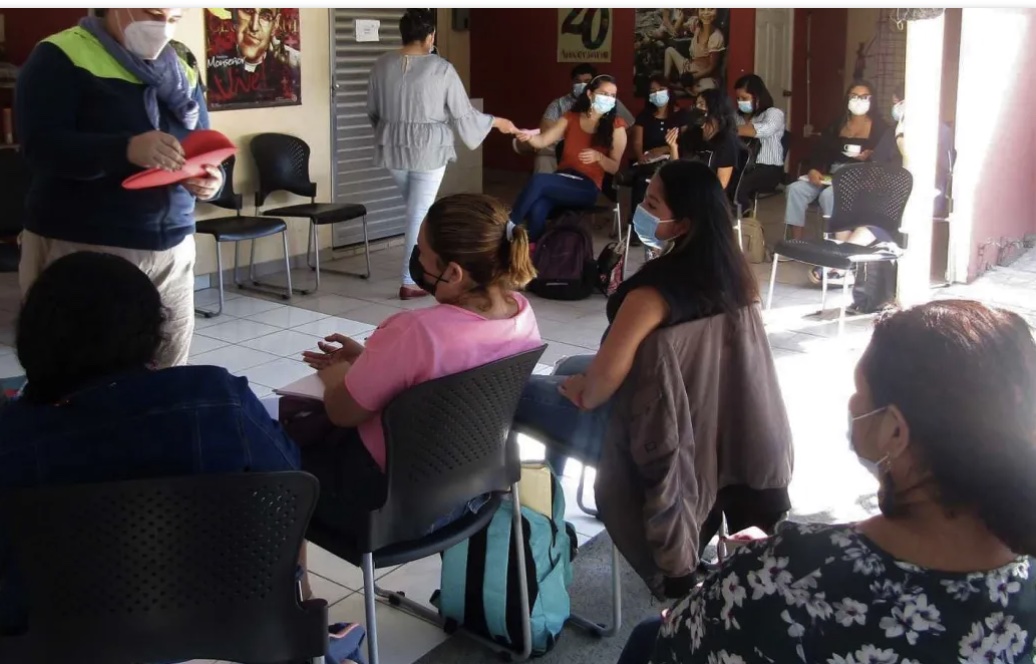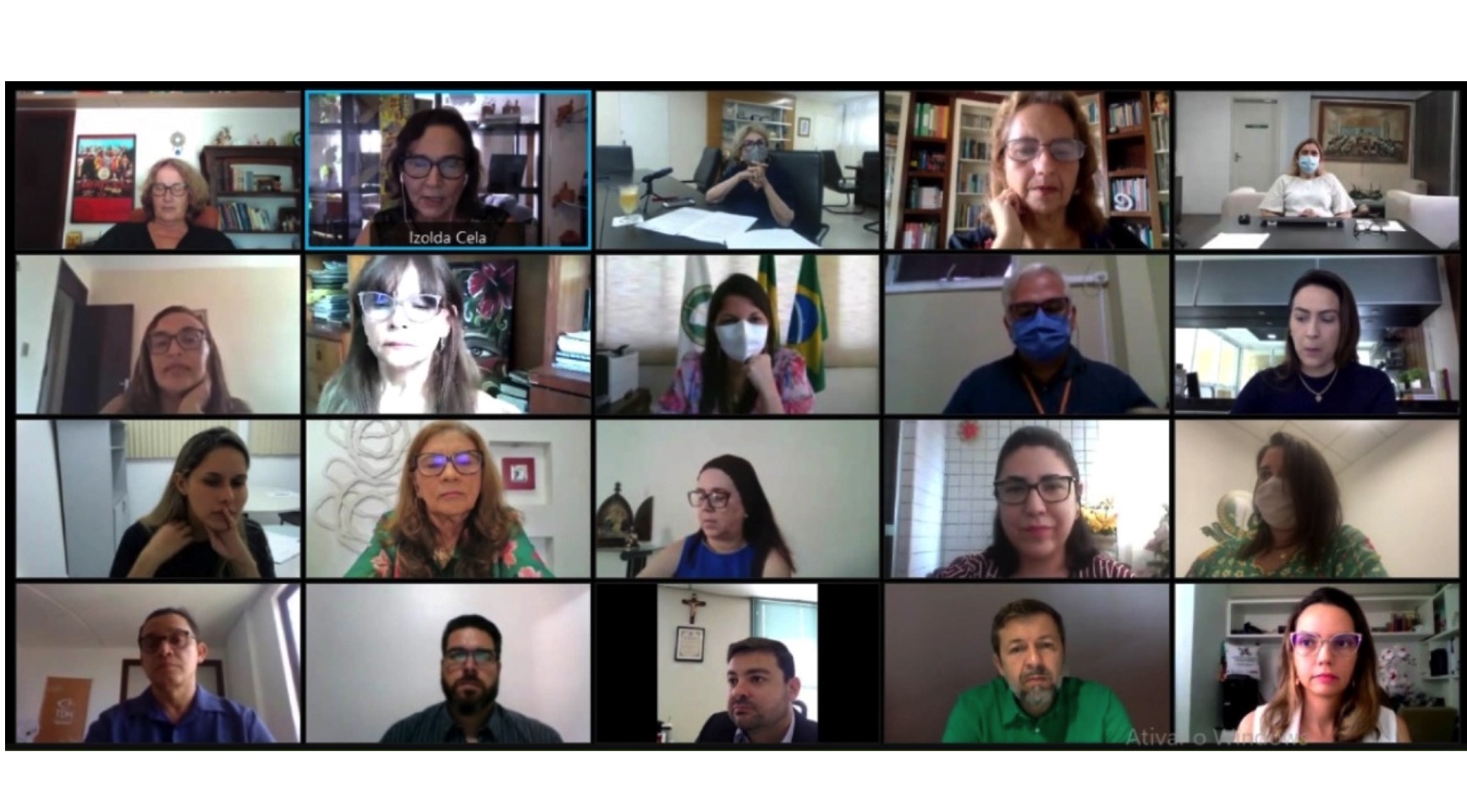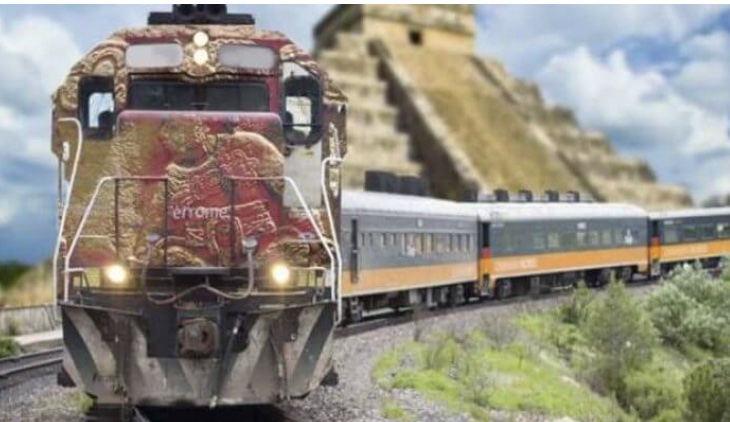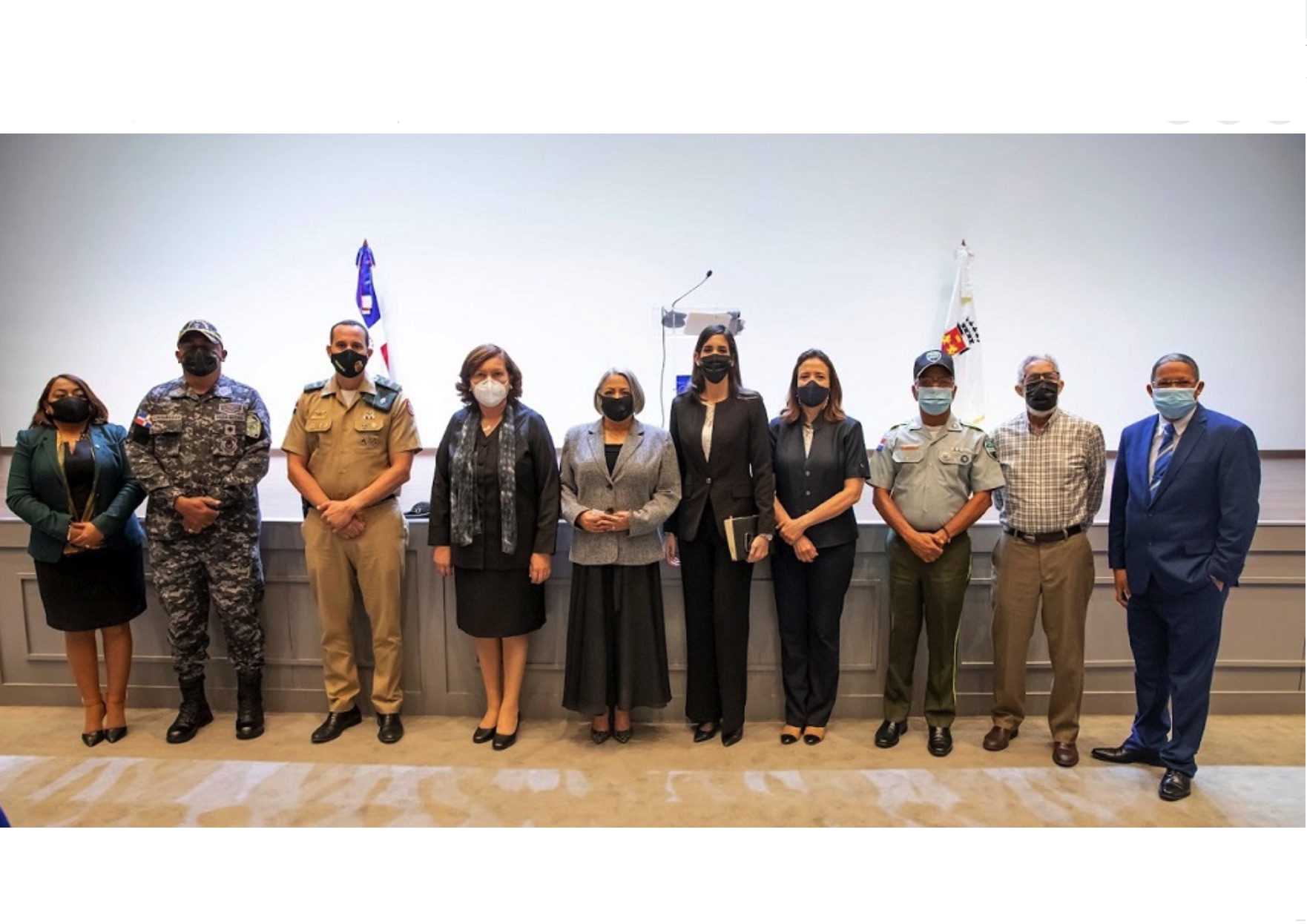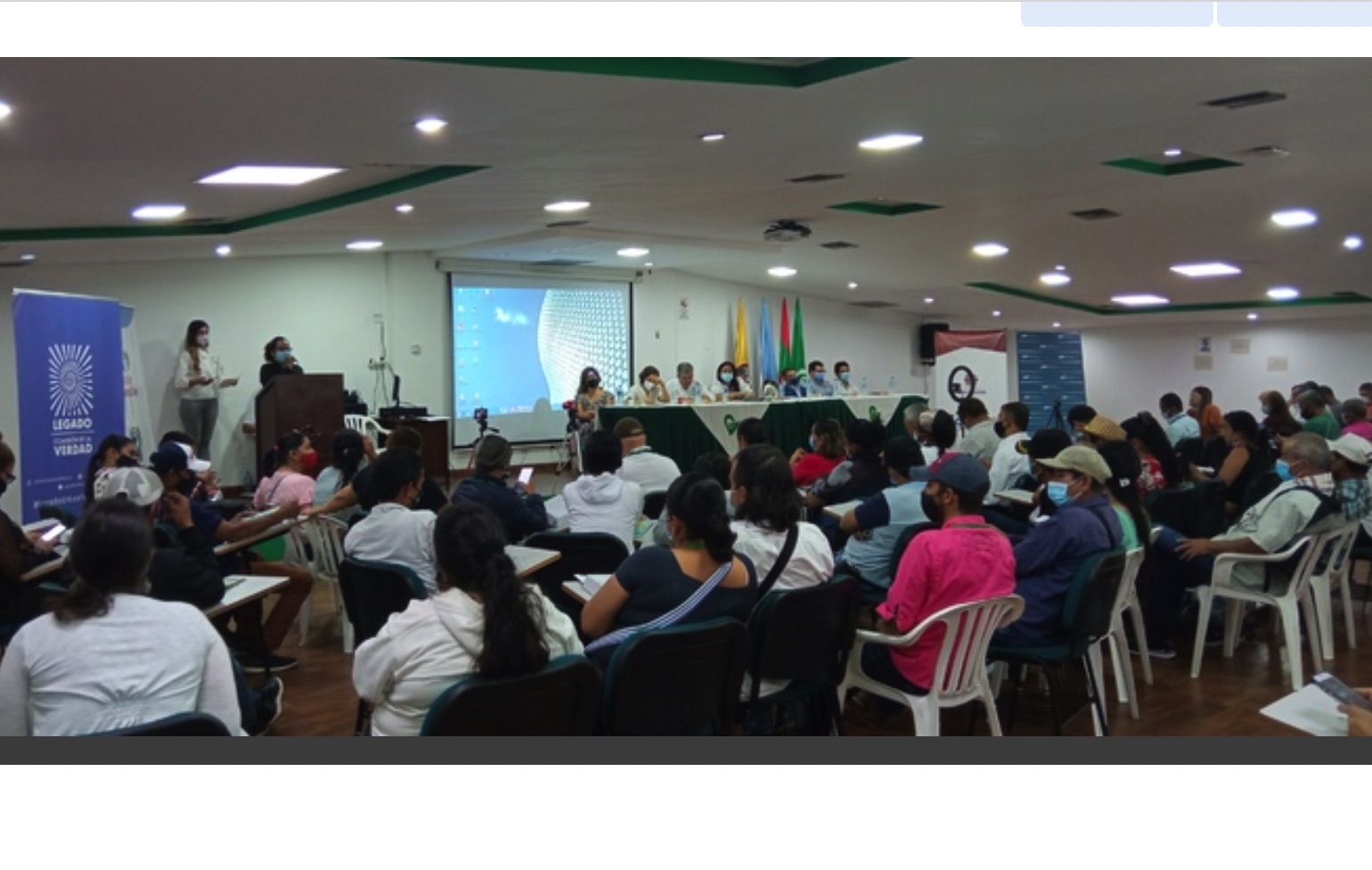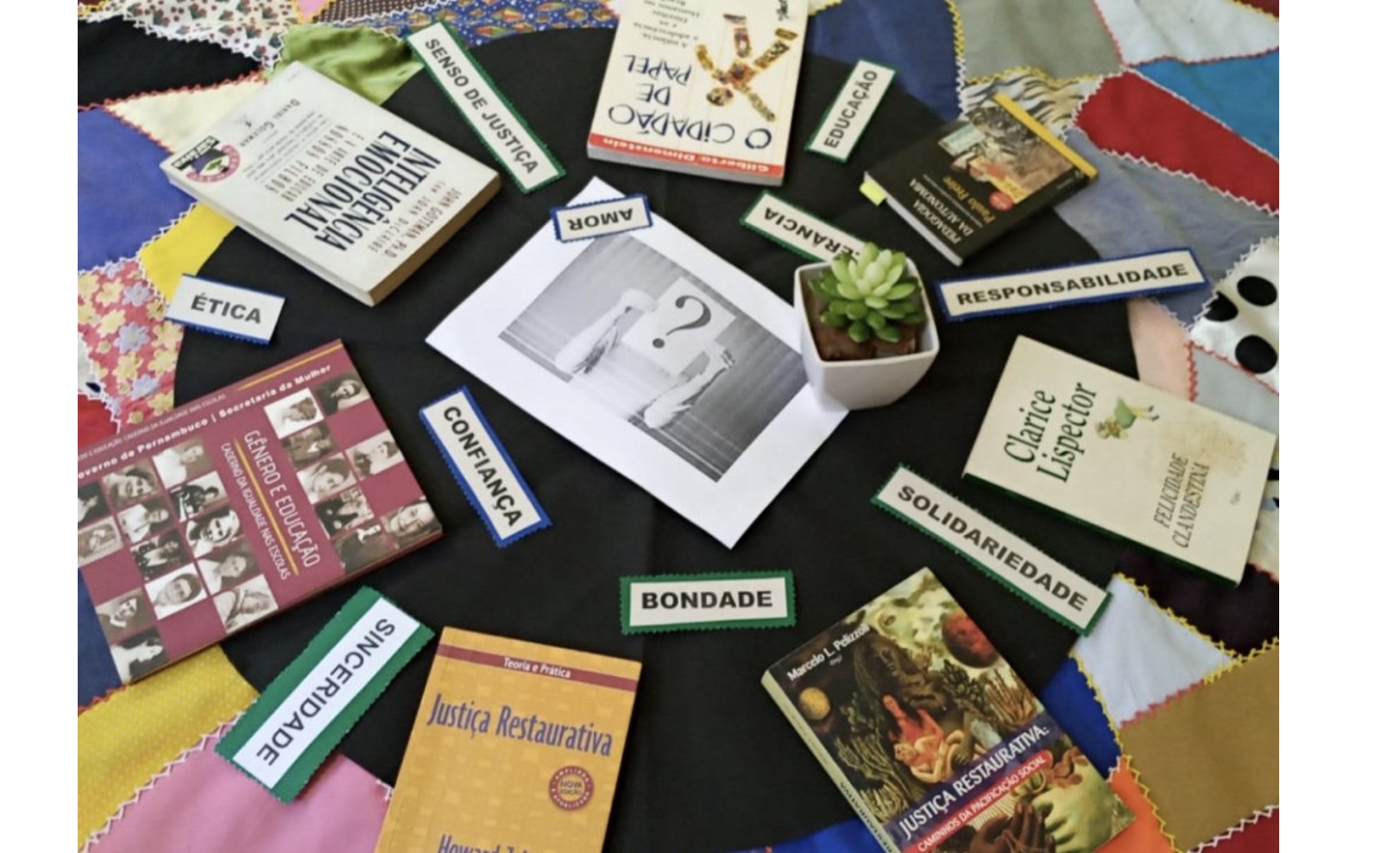… EDUCATION FOR PEACE …
An article from Hacienda Cuautitlan (translation by CPNN)
PROCESS
STAGES OF MEDIATION AND CONCILIATION
The mediation and conciliation services provided by the Center can be initiated at the request of the interested party or by referral from the Public Prosecutor’s Office or the judge who hears the matter, when the willingness of the interested parties to resolve their disputes through any of these methods is confirmed. This can begin before starting a judicial process, during the process or after it has concluded.

Click on image to enlarge.
1. REQUEST FOR MEDIATION AND CONCILIATION
The person interested in resolving their conflict through these channels must go personally or, where appropriate, through their legal representative with power of attorney to the State Center headquarters closest to their home with the original and a simple copy of their official identification , as well as the location data of the person you want to invite (full name, address and telephone number, if you know it).
If you wish to expedite this service, you can have the Service Request Form printed with the requested data.
2. START OF THE MEDIATION OR CONCILIATION PROCESS
Each Center has Secretaries or Operational Secretaries, who will verify if the conflict is susceptible to mediation, conciliation or subject to a restorative process, in accordance with the law. If so, a file is started that includes the data of both parties.
Finally, you will be provided with the date for the initial mediation or conciliation session, the corresponding file number and the name of the Mediator-Conciliator or Facilitator who will assist you.
The Secretary and/or Operational Secretary will make the invitation and turn it over to the Social Worker so that he/she invites the other person or persons to attend on the scheduled date; In addition, he reports the matter to the Mediator-Conciliator and Facilitator who will be responsible for assisting him.
3. INVITATION
A social worker comes to the house of the invited person delivers the invitation, letting him know that there is a person interested in discussing the conflict in common to seek alternative solutions, through mediation or conciliation.
(Article continued in right column)
(click here for the original version in Spanish).
Question for this article:
Mediation as a tool for nonviolence and culture of peace
(Article continued from left column)
4. MEDIATION AND/OR CONCILIATION SESSIONS
On the date and time indicated to the parties, the Mediator-Conciliator assigned to the matter waits for the parties.
If both parties show up, the session will begin, which takes place in a private and comfortable space. On the first occasion, the Conciliatory Mediator explains the purposes of the procedure, the rules that allow a respectful dialogue and ascertains the willingness of the parties to seek a solution to their dispute.
The Mediation or Conciliation sessions are oral and all that are necessary for the resolution of the conflict are carried out.
In each session, the people involved will have the opportunity to actively intervene, by expressing their needs, emotions, feelings and proposals, in an environment of trust, cordiality and respect guided by the assigned Mediator-Conciliator.
If the parties reach one or several points of agreement, it will be recorded in an agreement, a copy of which is given to those involved.
5. CONCLUSION OF THE MEDIATION OR CONCILIATION
In accordance with the Regulation of the Law of Mediation, Conciliation and Promotion of Social Peace for the State of Mexico, the request may be inadmissible or the mediation, conciliation or restorative justice procedure may be terminated, in case it becomes evident that the process of the alternative method is based on dishonest presentations.
6. AGREEMENT AUTHORIZATION
The head of the Mediation and Conciliation Center must ensure that the agreement does not contain dishonest consent, that it does not contravene morality or public order provisions, as prerequisites for its authorization.
When agreements are reached, they are signed by all the interested parties, include the fingerprints of the signatories, the signature of the Mediator-Conciliator who intervened and, finally, the signature of the head of the Mediation and Conciliation Center and the institutional seal.
7. EFFECTS OF JUDICATION
Once the agreement or agreement has been signed and authorized, it will have the same effectiveness between the parties as res judicata, and may be executed, in the event of non-compliance, by way of enforcement, provided for in the Code of Civil Procedures of the State of Mexico.
8. BREACH OF AGREEMENT
In case of non-compliance with the agreement, the parties have the right to choose whether to proceed to its execution by way of enforcement before the competent judge; or they initiate a new mediation or conciliation process.
http://www.pjedomex.gob.mx/conciliacion/#
